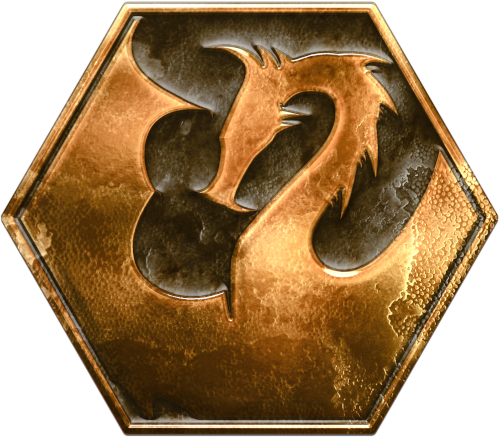Horwath
Legend
running a campaign without magic items is booring.Unlike prior editions, you can actually run a full campaign without non-magical treasure. However, there's always ways to spend gold. The two most common are Potions of Healing and expensive spell components. Potions of Healing can allow you to full heal after a combat without spending precious spell slots or taking an hour for a Short Rest. Some of the best spells have expensive spell components, many of which are consumed on use. Diamonds for Revivify/Raise Dead and Greater Restoration are by far the most sought after, but Identify requires a pearl, Augury requires expensive rune stones (or other divination tool), and many more.
What, you have same naughty word sword you got from boot camp?
Only as a heavy armor user can you hope for some advancement in form of full plate or if you manage to macgyver some cool things for your weapons(if allowed) as poison dispensers or similar.
Even the most basic, boring, inimaginitive +1 weapon is still advancement, you got something better, even if plain, bare minimum.
Last edited:



